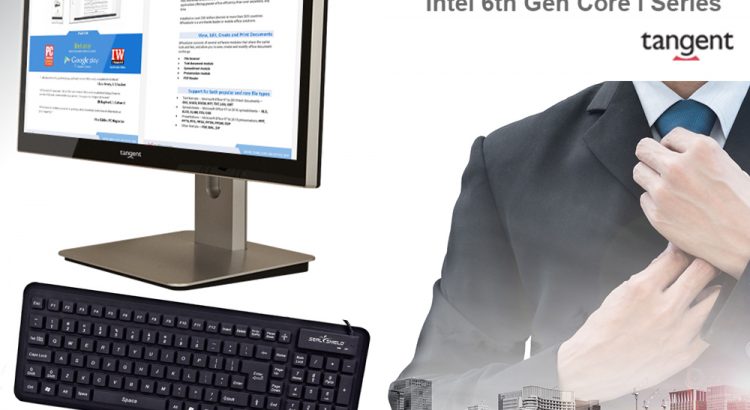Promoting clean and sanitary work areas isn’t just incredibly impactful in medical settings. Illness costs US employers $530 billion per year in lost productivity, per a 2018 report from the Integrated Benefits Institute (IBI). Thomas Parry, IBI’s President says that the cost of poor health to employers is greater than the combined revenues of Apple, […]
Category: Industrial Computers
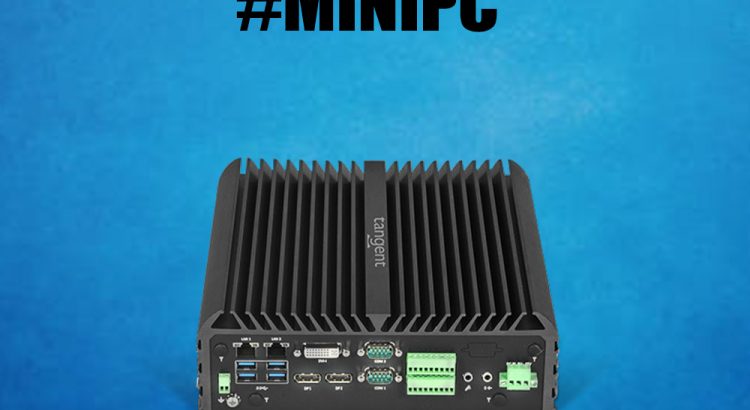
Sticking With What’s Important
The big buzz in tech news this week is an audacious and eyebrow raising product release from Apple. That’s not surprising coming from a company known for their high dollar gadgets and phones, but they really seem to have outdone themselves this time. For just $999, the world can own a new Apple monitor stand. […]
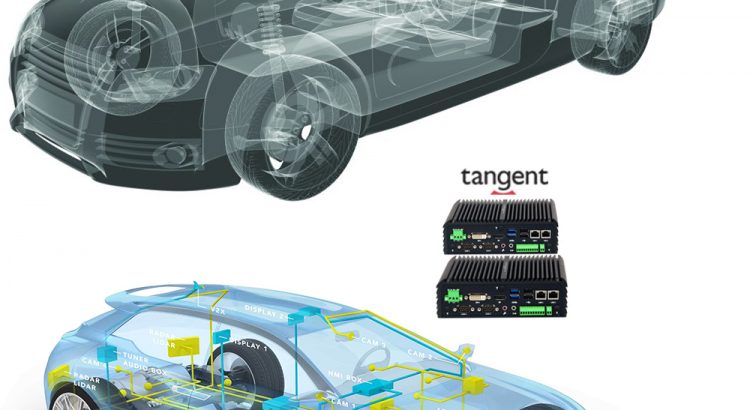
Ports Ports Ports!
The Tangent E2 industrial mini PC is a literal lightweight at 4.6lbs and a petite 7.28″ x 7.75″ x 2.26″ frame, so it is shocking that there are over 21 input/output ports packed into it. Not only are they plentify, some are brightly colored for ease of use in the dark. Why in the world […]
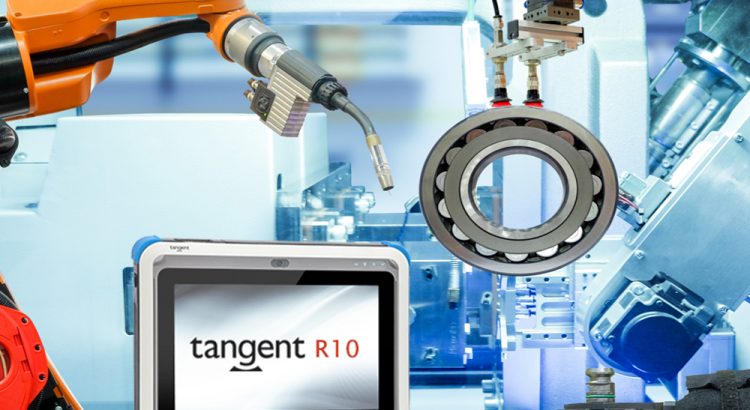
A Tablet to Fit Industrial Tasks
The job requirements for an industrial refinery’s quality control inspector are understandably hefty. They are required to monitor mechanical works in progress and evaluate completed work to ensure compliance with applicable codes and safety standards. In their work day, they are often on-site reviewing and comparing mechanical drawings for code compliance and for requirements on […]
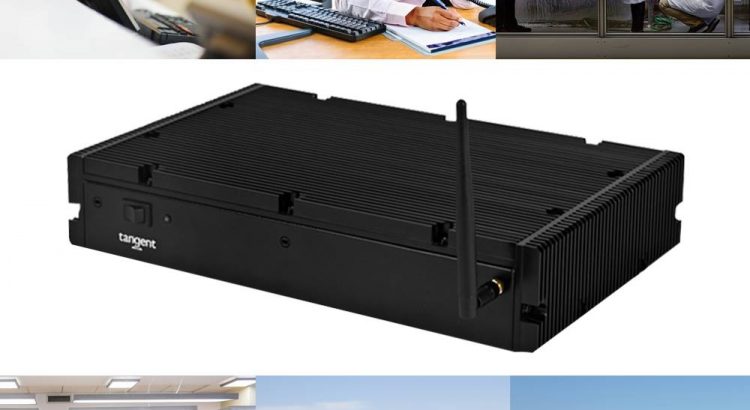
Doing A Whole Lot With Very Little (Computers)
To most hourly employees, the work time clock is an annoying, but necessary evil. To payroll departments, it’s the most essential tool in the galaxy. And to IT departments, it’s something that needs to be available in lots of places around the company floor but also, out of the way. Most modern time clock stations […]

There’s Small, and Then There’s Mini
Picture a small desktop computer in your mind. Even today, they are fair sized rectangular boxes that take up a considerable amount of space on the desk or underneath it. Now picture a mini PC… Is it just a tad smaller than the desktop? With Tangent’s line of industrial rugged mini PCs, you’d have to […]

No Dust Bunnies This Easter…
No Dust Bunnies This Easter… Finding dust build up inside a fan-cooled computer is like finding traffic in LA. It’s always there no matter how much you try to avoid it. Thousands of hours of fan-driven air movement and electrostatic charges make the internals of a PC or laptop a prime dust magnet. From […]

The Difference Between a Panel PC and a Tablet
The Difference Between a Panel PC and a Tablet An industrial grade touchscreen panel PC may have many of the same features as a tablet, but its purpose is to provide an incredibly durable, impenetrable, fast, and powerful computer system that will last for many years. Tangent offers four lines of industrial panel PCs […]
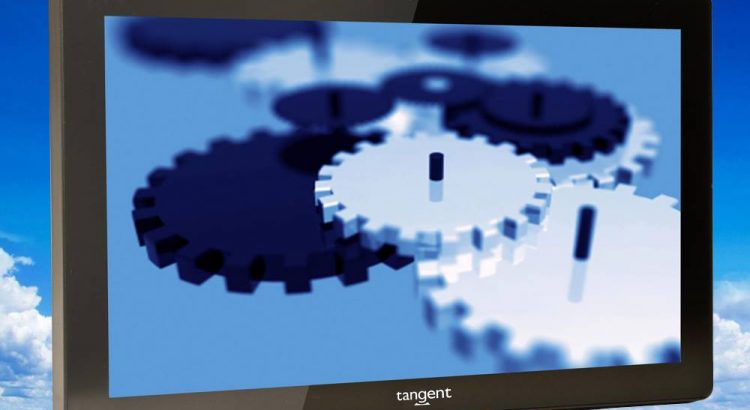
Not a Monitor, An All-in-One Touchscreen
At a glance, the Tangent VITA 474 19” panel PC looks just like a nice monitor. Sure, it’s very slim, sleek and unassuming. One could very easily pass it by on a wall or desk and never imagine that it is a powerful, fully featured all-in-one touchscreen panel PC. It even goes beyond just PC […]
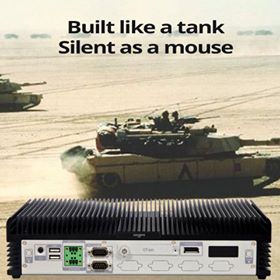
Industrial Computers, Silent Workhorses
At first blush, a Tangent Rugged industrial computer looks strikingly like a massive CPU with no fan. The familiar heat dispersing fins and it’s diminutive size are quite deceiving in this way, but it truly is a fully featured industrial computer. Many of the PCs in the Rugged line, like the Rugged Tank, are fanless […]
